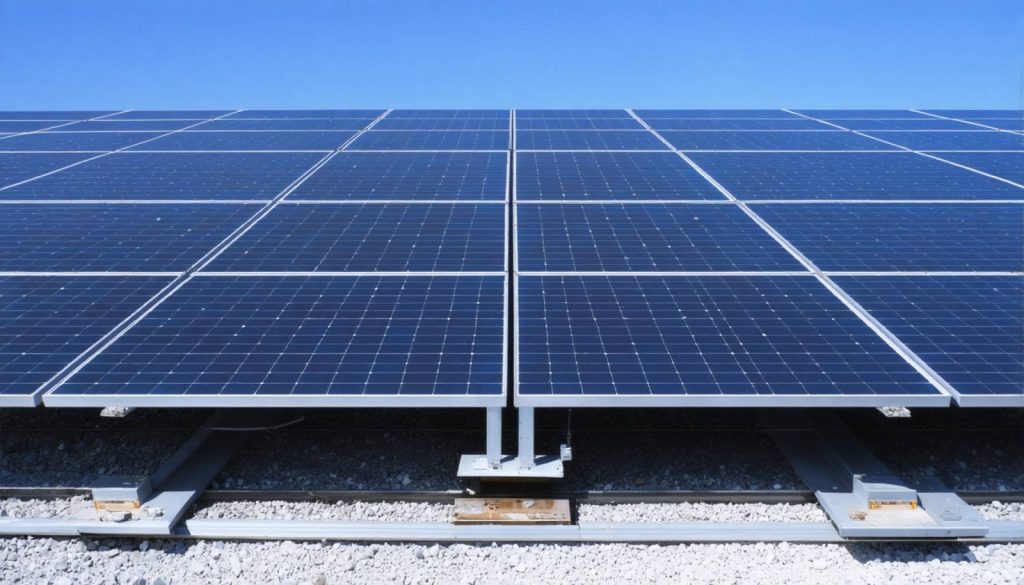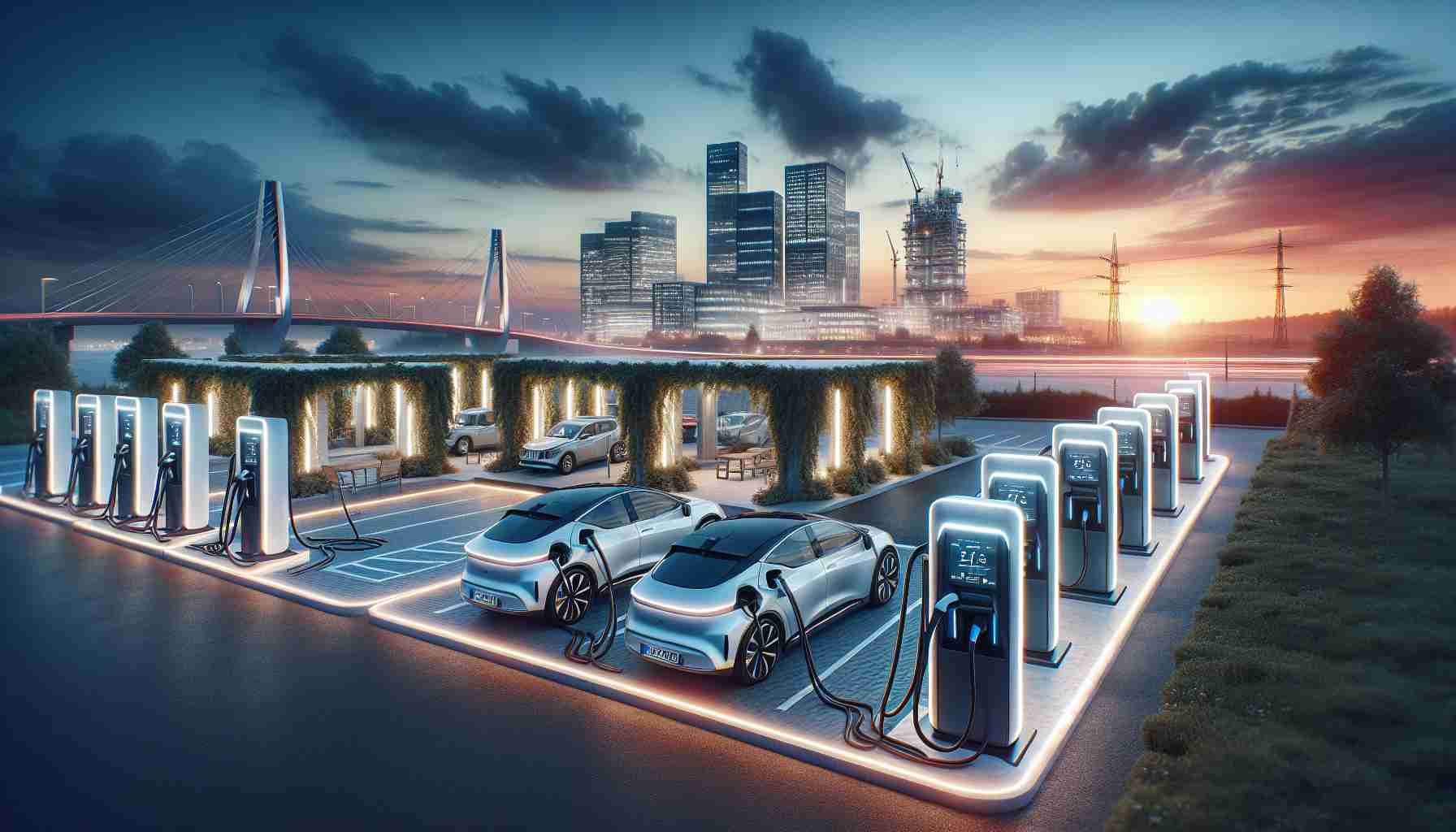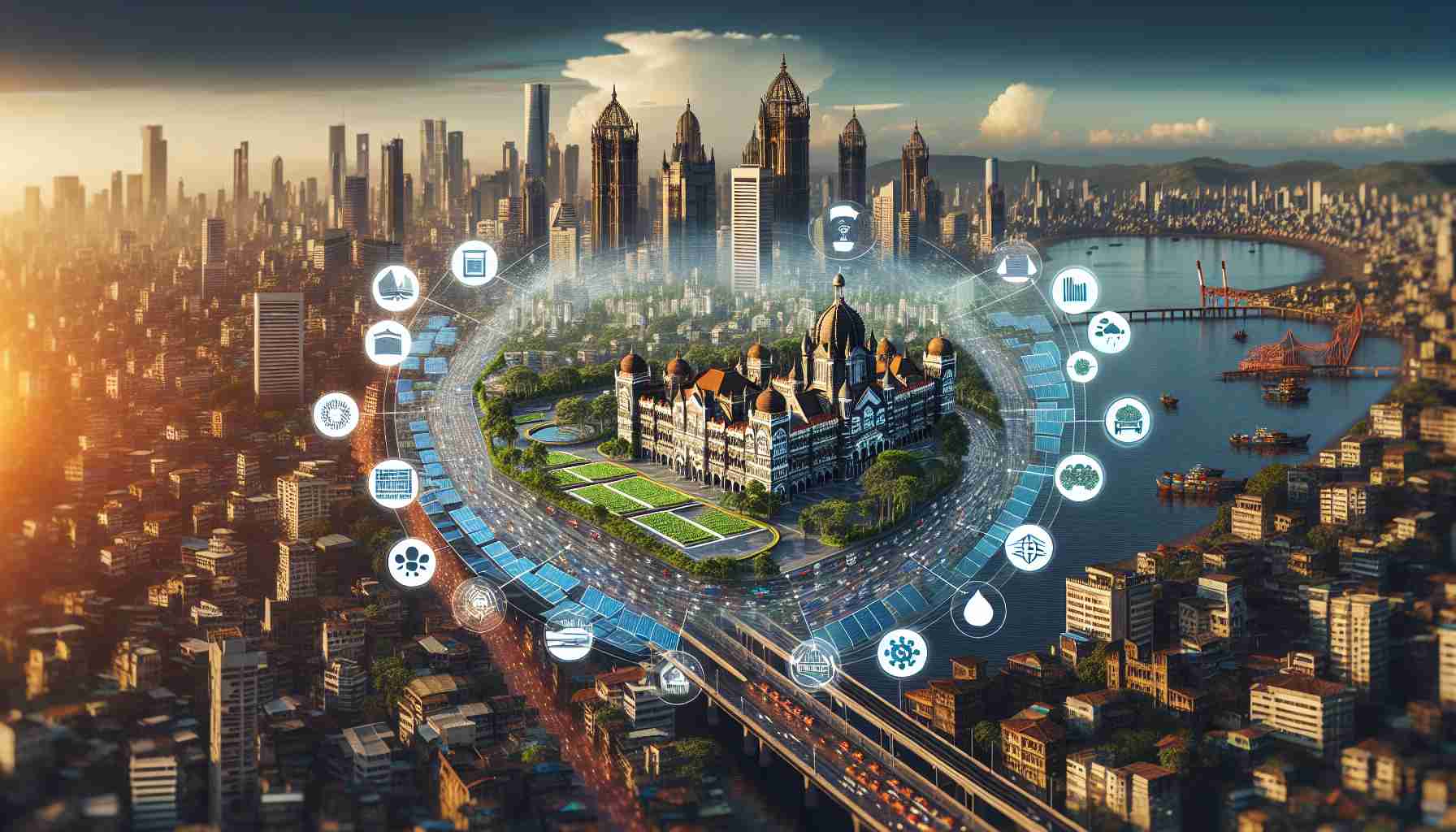Renewable Energy - Page 104
Renewable energy refers to energy derived from natural sources that are replenished at a faster rate than they are consumed. This type of energy is sustainable and can be harnessed to generate electricity, heat, and fuel without depleting resources or causing long-term environmental harm. Common forms of renewable energy include solar energy (harvested from sunlight), wind energy (generated from wind currents), hydroelectric energy (produced from flowing water), biomass (organic materials used for energy), and geothermal energy (derived from Earth's internal heat). The use of renewable energy is seen as a critical component in addressing climate change and reducing greenhouse gas emissions, as it offers cleaner alternatives to fossil fuels.
















